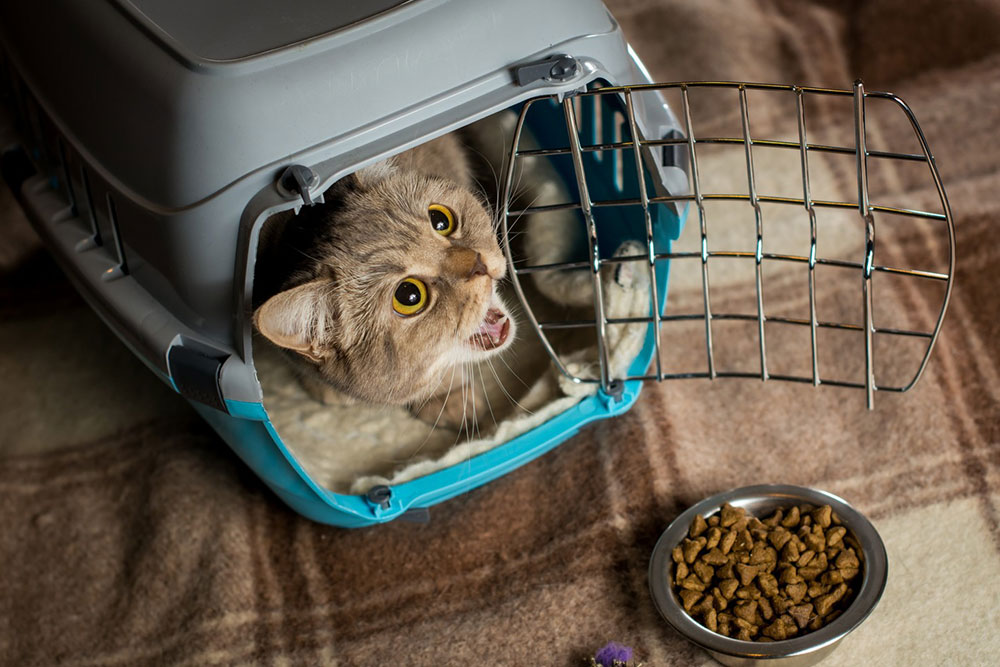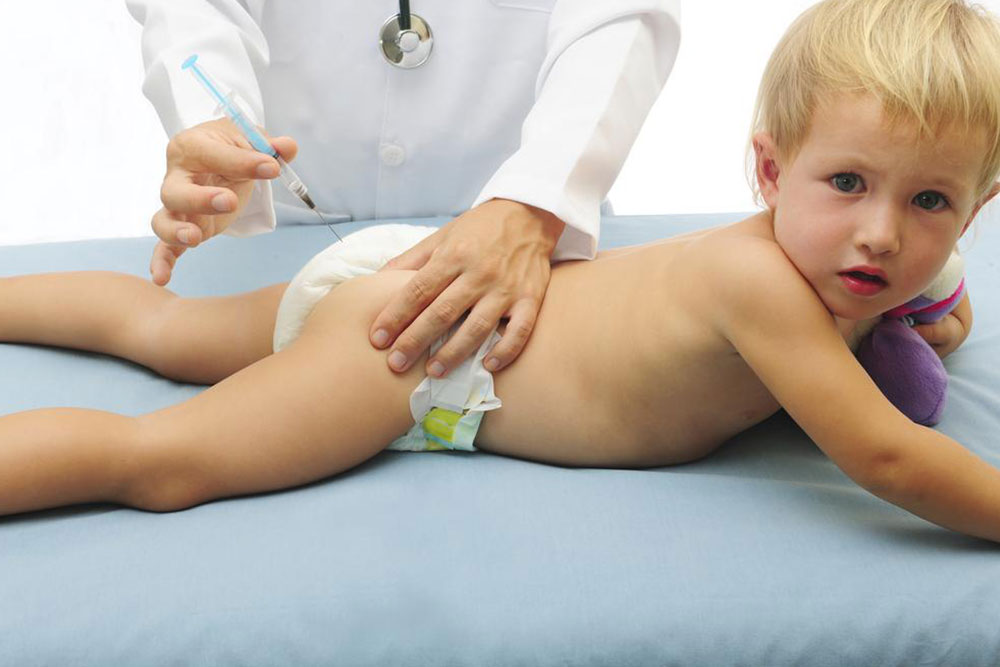Essential Strategies to Alleviate Gas Discomfort in Infants
Learn effective techniques to prevent and relieve gas discomfort in infants. From proper feeding positions to gentle massage and professional guidance, this guide offers practical tips to soothe a gassy baby and enhance their comfort. Understand symptoms and when to seek medical advice to ensure your child's well-being.

Essential Strategies to Alleviate Gas Discomfort in Infants
New parents often feel overwhelmed when their baby cries excessively without explanation. One common cause of distress is gas, which can cause significant discomfort. Babies typically pass gas 13 to 21 times daily, with most showing no issues. However, some get stuck, resulting in pain and unease. Understanding the causes and symptoms of gas is crucial before exploring remedies.
Why do infants pass so much gas?
Babies swallow air while feeding, crying, or using pacifiers, which accumulates in their stomachs and causes gas. When unable to pass it, babies may become fussy and uncomfortable. Since babies can't verbally express their pain, crying is their main way to communicate distress. Ensuring proper feeding techniques can help minimize gas buildup and ease their discomfort.
Signs indicating gas issues in your baby
Watch for these symptoms that may suggest gas problems:
Frequent crying episodes
Back arching away from caregivers
Facial flushing or redness
Scrunched facial expressions indicating pain
If these signs are present, take steps to help your baby pass gas and find relief.
Parenting tips to soothe a gassy baby
Use these methods to alleviate gas discomfort in your infant:
Adjust feeding positions
Position the baby’s head slightly higher than their stomach during feeding. This encourages milk to settle at the bottom of the stomach, leaving air at the top for easier burping. When bottle-feeding, hold the bottle at an upward tilt to prevent air from entering.
Encourage burping
Burping during or after feeding helps release trapped air. If immediate burping isn’t preferred, lay the baby on their back for 5-10 minutes and gently pat their back until they burp.
Feed easily digestible foods
Foods that are gentle on digestion can reduce gas. Monitor your baby’s reactions when introducing new foods, avoiding those that seem to cause discomfort or excess gas.
Leg pedaling exercises
Lay the baby on their back, holding their legs towards you. Move their legs in a bicycle motion to help expel gas naturally.
Baby tummy massage
Gently massage your baby’s tummy in an upward motion using baby oil. This can relieve trapped gas and soothe your baby’s discomfort.
Consult a healthcare professional
If your baby cries excessively or you cannot identify the cause, speak to a pediatrician. They can recommend appropriate treatments or medications to alleviate gas-related pain.
While gas issues are common and often manageable with home remedies and precautions, persistent discomfort warrants professional advice. Always prioritize medical consultation in challenging cases.









